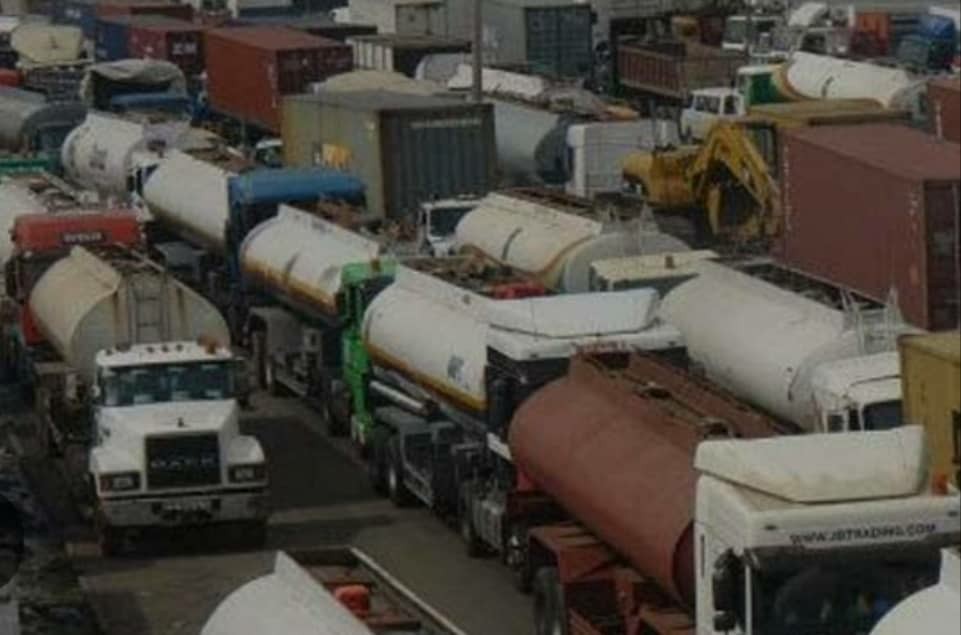March 9, 2025

It has been revealed that despite increased output from local refineries, Nigeria spent a whopping ₦930 billion on fuel imports in February 2025 raising concerns about the continued reliance on foreign petroleum products.
Official data showed that 701.75 million litres of petrol and 265.88 million litres of diesel were imported in the month of February by oil marketers, licensed by the Nigerian Midstream and Downstream Petroleum Regulatory Authority, NMDPRA.
This follows an even larger trend, with ₦5.5 trillion spent on fuel imports between October 2024 and January 2025.
READ MORE; Dangote refinery Insists It Has enough fuel to meet Local Demands.
Defending the continued importation fuel, NMDPRA’s Executive Director of Distribution, Systems, Storage, and Retailing Infrastructure, Ogbugo Ukoha, stated that local refineries currently refined less than half of the country’s daily fuel consumption.
“Of these 50 million litres averaging for each day, less than 50 per cent of that is contributed by domestic refineries,” Ukoha explained. “The shortfall, in accordance with the Petroleum Industry Act (PIA), is sourced by way of imports.”
Industry experts caution that Nigeria’s continuous fuel imports could have serious economic implications, particularly for the stability of the naira, maintaining that a sustained reliance on dollar-denominated fuel imports could erode recent gains in foreign exchange reserves.
READ MORE; Dangote To Refund N65 Per Litre To Marketers To Make Up For Price Reduction
A Business consultant Dan Kunle stated that despite positive developments in local refining, structural bottlenecks such as logistics challenges, production scale-up issues, and supply chain inefficiencies continue to undermine the industry.”
However, this dependence on foreign fuel persists despite the increasing refining capacity of local plants, including the Dangote Refinery and the recently revived Port Harcourt and Warri refineries. Dangote Refinery alone reportedly holds over 500 million litres of petrol and N600 billion worth of petroleum products in stock.




